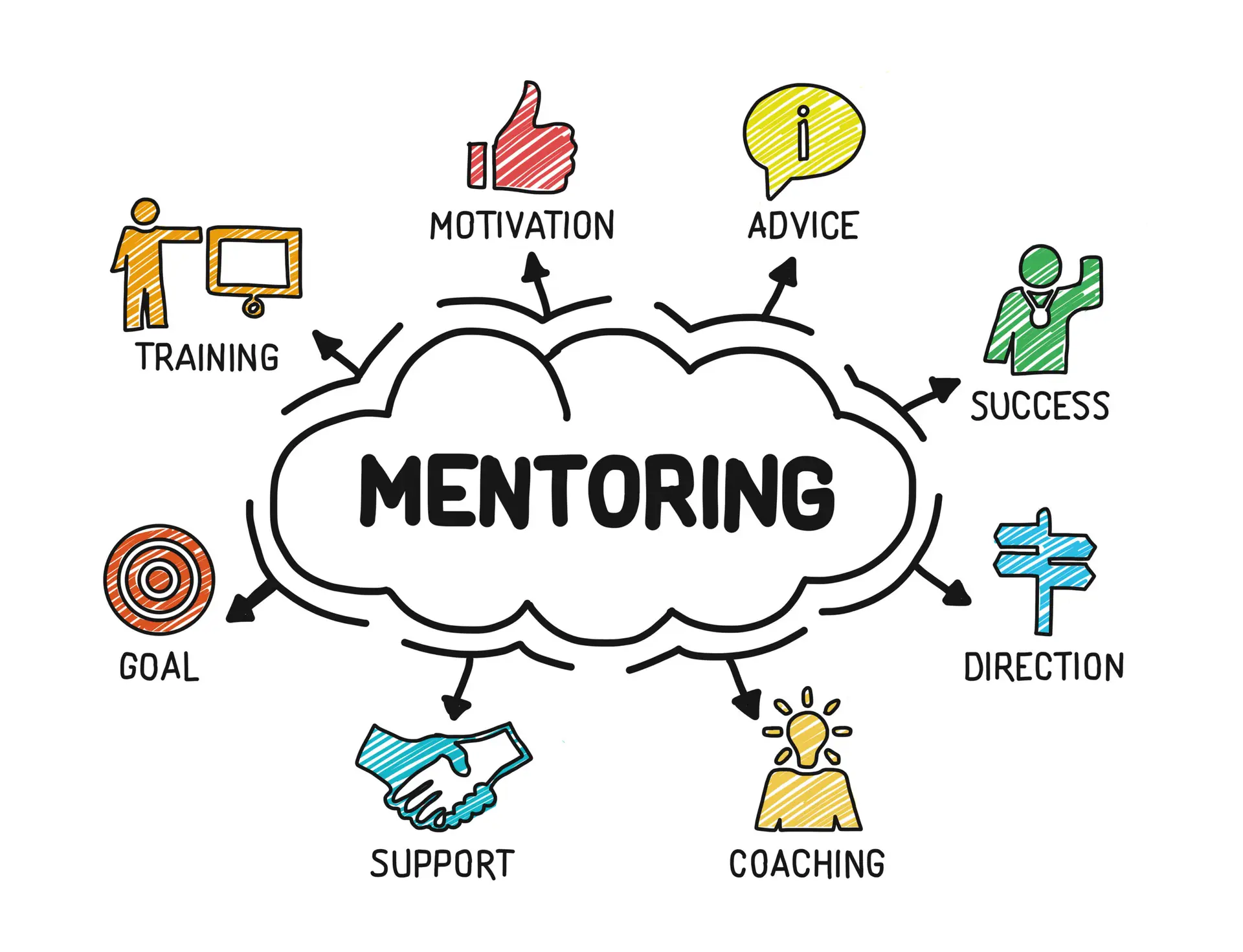Why Do We Self-Sabotage?
Many children of narcissists self-sabotage as a consequence of their dysfunctional upbringing.
Self-sabotage can be defined as acting in a way that is detrimental to both our well-being and to reaching our potential.
Self-sabotage can be either conscious or subconscious and is expressed in our behaviours when we undermine our personal goals or relationships through procrastination, substance misuse, perfectionism, self-harming, overeating, having self-critical thoughts which paralyse us and many more.
Reasons We Self-Sabotage
Feeling Vulnerable is Unsafe
Some people can be conflicted regarding their romantic relationships – while part of them may want a partner, another part can feel that being in a romantic relationship and being emotionally vulnerable is unsafe and this means that they will sabotage their relationships, often subconsciously. They may cause arguments, be unfaithful or physically avoid their partner.
Fear of feelings of vulnerability can also affect family and professional relationships and friendships.
Self-fulfilling Prophecy
Self-fulfilling prophecy is an idea that what we believe about ourselves is what we will manifest into our lives. Low self-esteem and low self-worth and beliefs that we are not deserving of love or a good life, can often ensure that we do not achieve it.
Being Out of Touch with Our Authentic Self
Being a version of ourselves which we think other people will like and accept means that we suppress our authentic selves, and this can mean that we don’t actually know who we are or what we want in life and therefore cannot reach our potential or become what we really want to be.
Putting Our Needs Last
Many people are conditioned in childhood to feel guilt and fear when asserting their own needs and wants and therefore, they learn to put their own needs last, and the needs of others first.
The Need to be Mediocre
Sometimes, the unspoken needs of others can be that they want you to fail, as any success you achieve can invoke their own insecurities and feelings of jealousy, as it can make them question themselves. Other people being successful can make them have to face their own issues of procrastination, inertia, fear of success or laziness as they are not reaching their own potential and so feel safer when others also do not.
Success and Dysfunctional Families
For people that come from dysfunctional families, there can be danger in being successful. This is because it can attract mocking, belittling or critical reactions. In the event that we do start to achieve good things for ourselves, we may be triggered into feeling uncomfortable or panicky (this can happen either consciously or subconsciously) and this is a warning from our defences that it is not safe to be happy, confident and successful.
We may often have to wrestle with an internal conflict that part of us wants to achieve good things for ourselves and another defensive part feels that it will bring dangerous repercussions.
Ways We Self-Sabotage
Addictions
Some people self-sabotage through their addictions to shopping, eating, gambling, drugs, alcohol or other. This will often be because their addiction is driven by the need to regulate their emotional world (please see addictions here). Many addicts will tell themselves that they just enjoy their addiction and they do not have a problem. In reality, the addiction may be costing them dearly in terms of money, time, relationships and success in life. Addictions help us to avoid our feelings.
Procrastination
Procrastination can be seen as a form of self-sabotage as it hinders achievement. It can be seen as a freeze defence and can be triggered by anxiety.
Some people set themselves hard to attain goals and then castigate themselves for not reaching them. Feelings of being a ‘failure’ due to not achieving goals can be preferable to an underlying feeling which may be worse in some way, such as the criticism and rejection that can come from being successful.
Perfectionism
Many people feel that they are not good enough as they are, and they put pressure on themselves to do everything perfectly. The feeling that they may not be able to do something perfectly can mean that they will not do it at all.
At root, it can be a fear of criticism and rejection. There can be feelings of “Whatever I do will not be good enough – so why try?”
Being Self-Effacing and Self-Deprecating
Many people are shy and modest as a way of not being threatening to others. Whilst this may make them more popular, they are also seen as less confident. Lack of confidence in themselves can cause others to have a lack of confidence in them. This can have a negative effect on their career/job in the workplace.
Not Taking Care of the Physical Self
People may self-sabotage by not taking care of their basic needs. They may not wash often, clean their teeth regularly, get enough sleep, visit the doctor or dentist when needed, eat properly or exercise regularly.
Underachieving
Some people may be late for work consistently or may go to work tired or hungover and underperform.
Imposter Syndrome
The feeling of being an imposter is common. Many people have a core belief that they are not good enough.
They feel that if others could see the ‘real’ them they would see they were incompetent, undeserving or a fraud. This can influence people to try to fly under the radar or to procrastinate and self-sabotage.
How to Stop Self-Sabotaging
Developing self-awareness is important in stopping ourselves from self-sabotaging as is being aware of our patterns of behaviour. Anything that we do regularly serves a purpose in some way. There is always a function in the dysfunction.
Examining our behaviours can help to bring the reasons for them into our consciousness which in turn can enable us to change them. We cannot change that which is unconscious.
Therapy can help us to explore the underlying issues as to why we self-sabotage.








This Post Has 6 Comments
I just wanted to say that this and your other videos are very helpful. I have been talking very detailed notes. I am in therapy here in the US, with a trauma trained therapist, but your succinct explanations of the various aspects of being an adult child of a narcissist and what to do about it is spot on for me. My parent was an authoritarian religious fundamentalist narcissist, and at 56, although it’s been a wild ride, in some sense I feel my life is just beginning, now that I am working on these issues. From the bottom of my heart, thank you.
Hi Margaret,
Thank you so much. I am glad they have been helpful. Take good care.
This was very helpful Thank you so much.
Thank you.
I just wanted to say that this is spot on! My mother was very negative, highly critical and was very controlling and tried to isolate me throughout my life while I was growing up. My father was also absent throughout my life as well. And, as a result, I have issues with social skills, working in different jobs (and not getting promoted due to mental illness as a result). And now, I still have difficulties in figuring things out, and my critical and cognitive thinking has become cloudy. But thank you for explaining.
Hi Angelou,
You’re welcome and I wish you all the best.